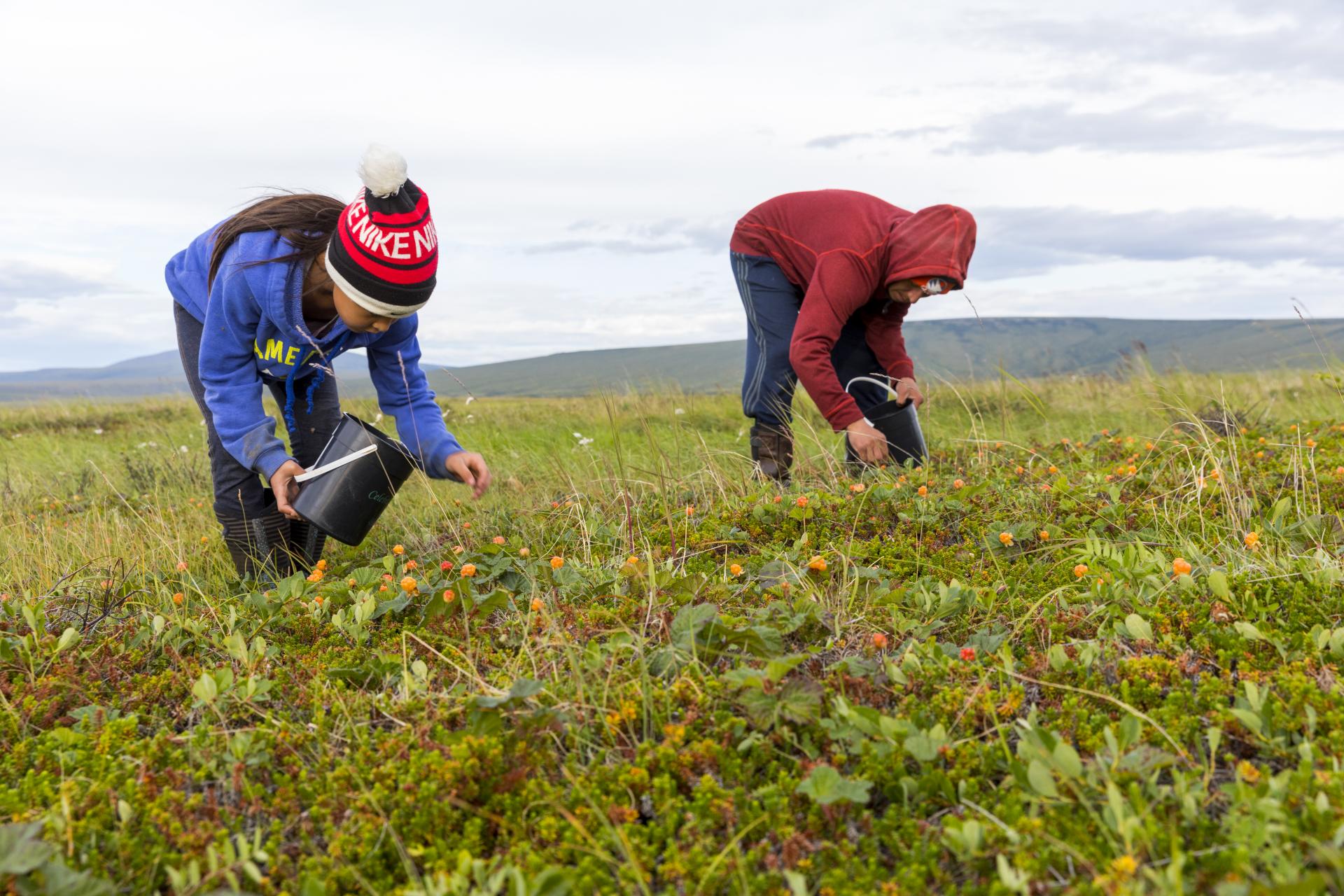Data Sovereignty And Cultural Survival: The Challenges Faced By Indigenous Scientists

Table of Contents
The Threat of Data Colonialism and Intellectual Property Rights
The collection and use of Indigenous data often intersect with complex issues of intellectual property rights. Data gathering practices, if not conducted ethically and with genuine collaboration, can easily infringe upon these rights. Data colonialism, a term that describes the appropriation of Indigenous knowledge and data for external benefit without reciprocal advantage, is a significant concern. This exploitation can manifest in several harmful ways:
- Lack of informed consent in data collection projects: Research projects may fail to obtain truly informed consent from Indigenous communities, leading to the misuse of valuable data.
- Commodification of traditional ecological knowledge (TEK): Traditional ecological knowledge, accumulated over generations, can be exploited for commercial purposes without the consent or benefit of the communities that hold it.
- Unauthorized use of Indigenous data for commercial purposes: Data collected from Indigenous communities can be used to develop products or services without their permission or compensation.
- Erosion of cultural practices due to data exploitation: The very act of extracting data without proper protocols can disrupt traditional knowledge transmission and contribute to cultural loss.
Barriers to Access and Control of Data Infrastructure
Many Indigenous communities face a significant digital divide, lacking access to the digital infrastructure and technological resources necessary to participate fully in data-driven research and to control their own data. This lack of access reinforces existing power imbalances and hinders efforts to achieve Indigenous data sovereignty. Addressing this requires a multifaceted approach:
- Limited internet access and connectivity in remote areas: Many Indigenous communities reside in geographically isolated areas with limited or no internet connectivity, making data collection and management challenging.
- Lack of funding for digital infrastructure development in Indigenous communities: Insufficient funding restricts the ability of Indigenous communities to build the necessary digital infrastructure for data management and research.
- Need for culturally sensitive data management systems: Data management systems must be designed with the specific cultural contexts and needs of Indigenous communities in mind.
- Importance of digital literacy training programs for Indigenous communities: Providing access to digital literacy training is crucial for empowering Indigenous communities to effectively manage and utilize their data.
The Importance of Community-Based Participatory Research (CBPR)
Community-Based Participatory Research (CBPR) offers a powerful model for ensuring Indigenous data sovereignty. CBPR prioritizes community involvement at every stage of the research process, from research design to data analysis and dissemination. By centering Indigenous voices and knowledge, CBPR fosters genuine collaboration and respects the self-determination of Indigenous communities. Successful CBPR projects showcase:
- Collaborative research designs that prioritize community needs: Research questions and methodologies are shaped collaboratively with Indigenous communities to address their priorities.
- Indigenous-led data collection and analysis: Indigenous scientists and community members play a leading role in data collection and analysis, ensuring cultural sensitivity and accuracy.
- Community ownership and control of research data: Indigenous communities retain ownership and control of the data collected, safeguarding their intellectual property rights.
- Benefit-sharing agreements and equitable distribution of research outcomes: Agreements ensure that benefits derived from the research are shared equitably with the communities involved.
Legal and Policy Frameworks for Indigenous Data Sovereignty
Existing legal and policy frameworks, such as the United Nations Declaration on the Rights of Indigenous Peoples (UNDRIP), aim to protect Indigenous rights, including data rights. However, these frameworks often have gaps, and their implementation remains uneven. Strengthening legal protections and policy interventions is crucial:
- The United Nations Declaration on the Rights of Indigenous Peoples (UNDRIP): UNDRIP provides a framework for the recognition and protection of Indigenous rights, including the right to self-determination and cultural integrity.
- National and regional legislation related to Indigenous data ownership: National and regional laws need to be reviewed and strengthened to explicitly address Indigenous data ownership and control.
- Recommendations for improved legal and policy frameworks: Clear guidelines and standards are needed to ensure ethical data collection and management practices in research involving Indigenous communities.
- Need for international cooperation to promote Indigenous data sovereignty: International collaboration is essential to develop harmonized standards and guidelines for protecting Indigenous data rights globally.
Securing a Future for Indigenous Knowledge Through Data Sovereignty
The challenges faced by Indigenous scientists in protecting their data and cultural heritage are substantial. However, through embracing ethical research practices, prioritizing community-based participatory approaches, and advocating for stronger legal protections, we can safeguard Indigenous knowledge preservation. Data sovereignty is not merely about controlling data; it is fundamental to cultural survival and self-determination. We urge readers to support initiatives promoting Indigenous data sovereignty, advocate for policy changes that reflect Indigenous rights, and commit to ethical data practices in all interactions with Indigenous communities. Learn more and get involved by exploring resources from organizations dedicated to protecting Indigenous data, such as [insert links to relevant organizations here]. Let's work together to ensure a future where Indigenous knowledge thrives in the digital age.

Featured Posts
-
 Winterwatch A Comprehensive Guide To Winter Wildlife Viewing
May 13, 2025
Winterwatch A Comprehensive Guide To Winter Wildlife Viewing
May 13, 2025 -
 Hvem Vinder Dansk Melodi Grand Prix 2025 Afstemning I Gang
May 13, 2025
Hvem Vinder Dansk Melodi Grand Prix 2025 Afstemning I Gang
May 13, 2025 -
 Mini Heat Wave Sweeps Southern California This Weekend
May 13, 2025
Mini Heat Wave Sweeps Southern California This Weekend
May 13, 2025 -
 Negative Cubs Fan Reaction To Kyle Tucker Report
May 13, 2025
Negative Cubs Fan Reaction To Kyle Tucker Report
May 13, 2025 -
 The Hobbit The Battle Of The Five Armies A Critical Review Of The Third Installment
May 13, 2025
The Hobbit The Battle Of The Five Armies A Critical Review Of The Third Installment
May 13, 2025
